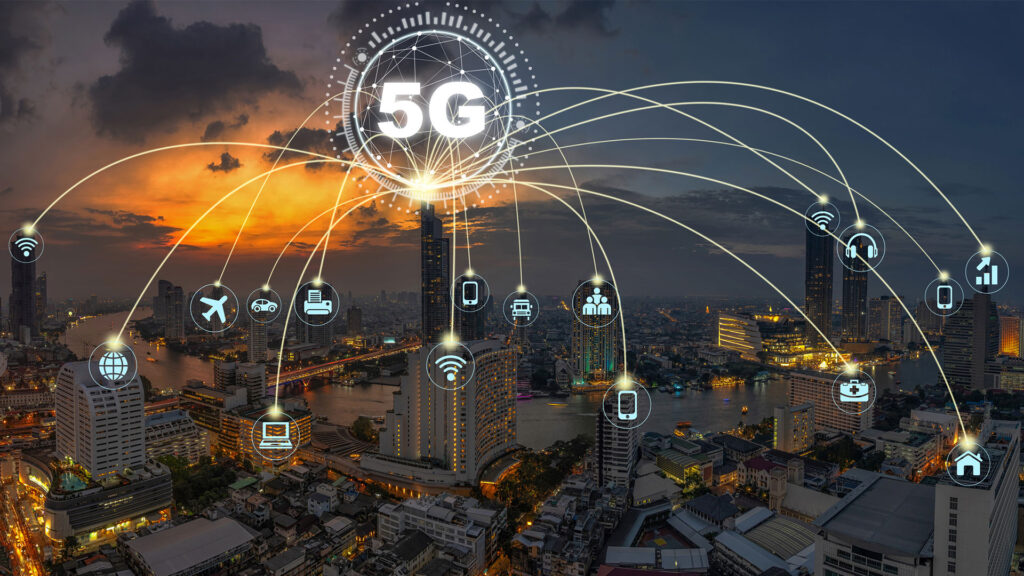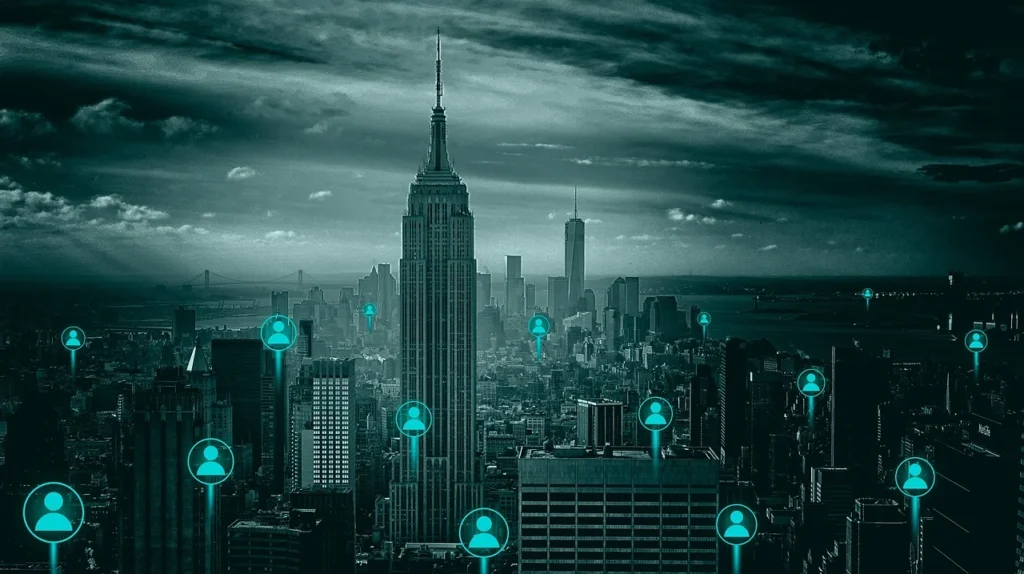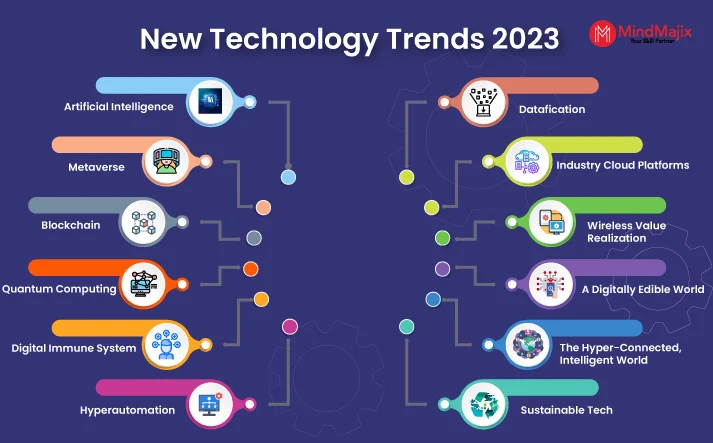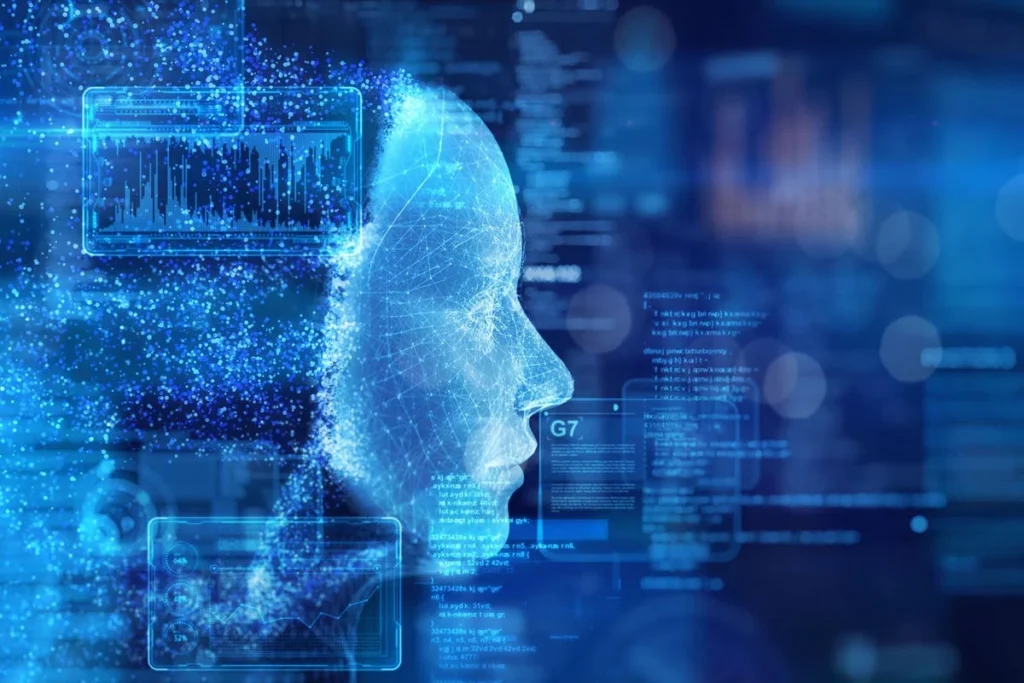The advent of 5G technology marks a significant milestone in the evolution of connectivity, promising ultra-fast speeds and unprecedented reliability. As we delve into The Future Of 5G: How Ultra-fast Connectivity Is Changing The World, we will explore how this transformative technology is not only enhancing mobile communication but also revolutionizing various sectors, including healthcare, transportation, and entertainment. With its ability to support a vast number of devices simultaneously, 5G is set to redefine our digital landscape.
In the following sections, we will uncover the key features of 5G technology, such as its low latency and high bandwidth, and how these attributes are paving the way for innovations like smart cities and autonomous vehicles. Additionally, we will discuss the challenges and opportunities that come with the widespread adoption of 5G, including infrastructure requirements and security concerns. By understanding these dynamics, readers will gain valuable insights into how 5G is shaping our future.
Join us on this journey as we examine real-world applications of 5G and its potential to enhance our daily lives. From improved streaming experiences to advancements in telemedicine, the implications of ultra-fast connectivity are vast and exciting. Stay with us to discover how The Future Of 5G: How Ultra-fast Connectivity Is Changing The World is not just a technological upgrade, but a catalyst for a new era of innovation and connectivity.
| Aspect | Description |
|---|---|
| Introduction | 5G technology represents the fifth generation of mobile networks, offering significantly faster speeds, lower latency, and greater capacity compared to its predecessors. |
| Speed and Performance | 5G can achieve speeds up to 100 times faster than 4G, enabling seamless streaming, rapid downloads, and improved user experiences across various applications. |
| Low Latency | With latency as low as 1 millisecond, 5G supports real-time applications such as online gaming, virtual reality, and autonomous vehicles, enhancing responsiveness and interactivity. |
| Internet of Things (IoT) | 5G facilitates the connection of billions of devices, driving the growth of IoT applications in smart cities, healthcare, and industrial automation, leading to increased efficiency and innovation. |
| Economic Impact | The deployment of 5G is expected to contribute trillions of dollars to the global economy, creating jobs and fostering new business models and services. |
| Challenges | Despite its potential, 5G faces challenges such as infrastructure costs, regulatory hurdles, and security concerns that need to be addressed for widespread adoption. |
| Future Prospects | As 5G technology matures, it is expected to evolve into 6G and beyond, further transforming industries and enhancing connectivity on a global scale. |




